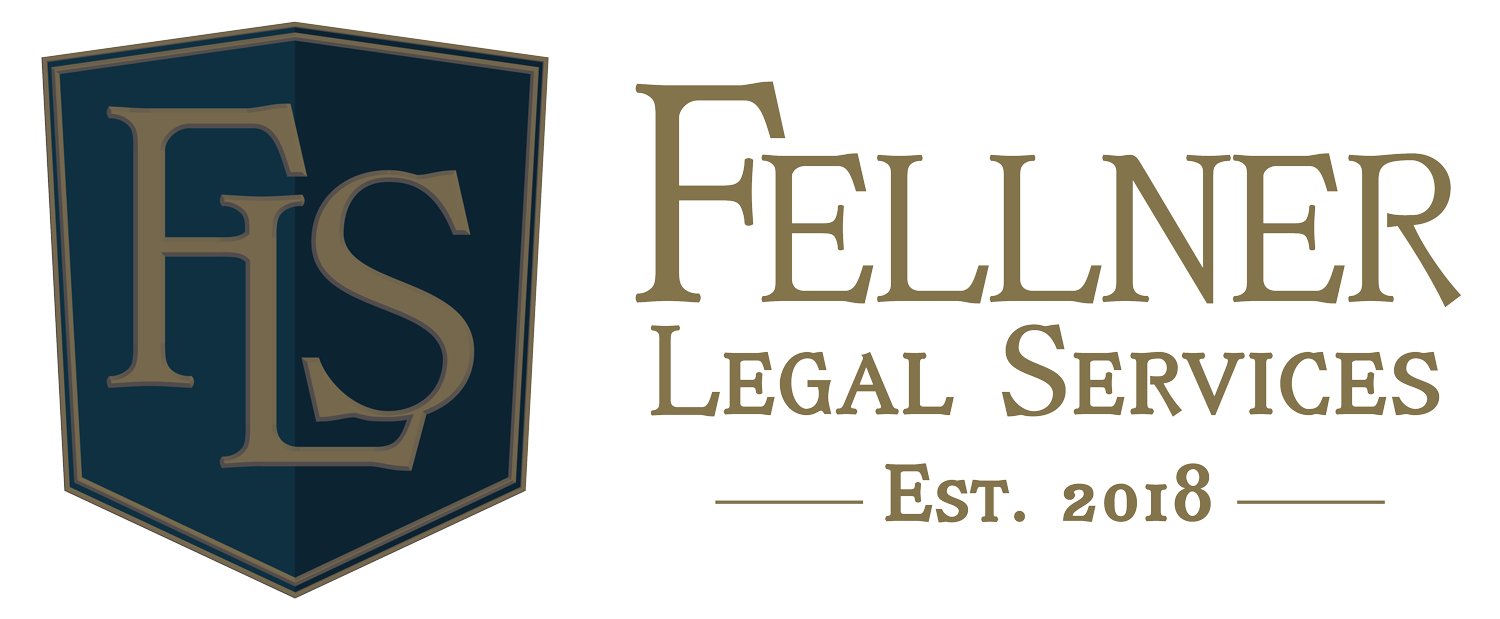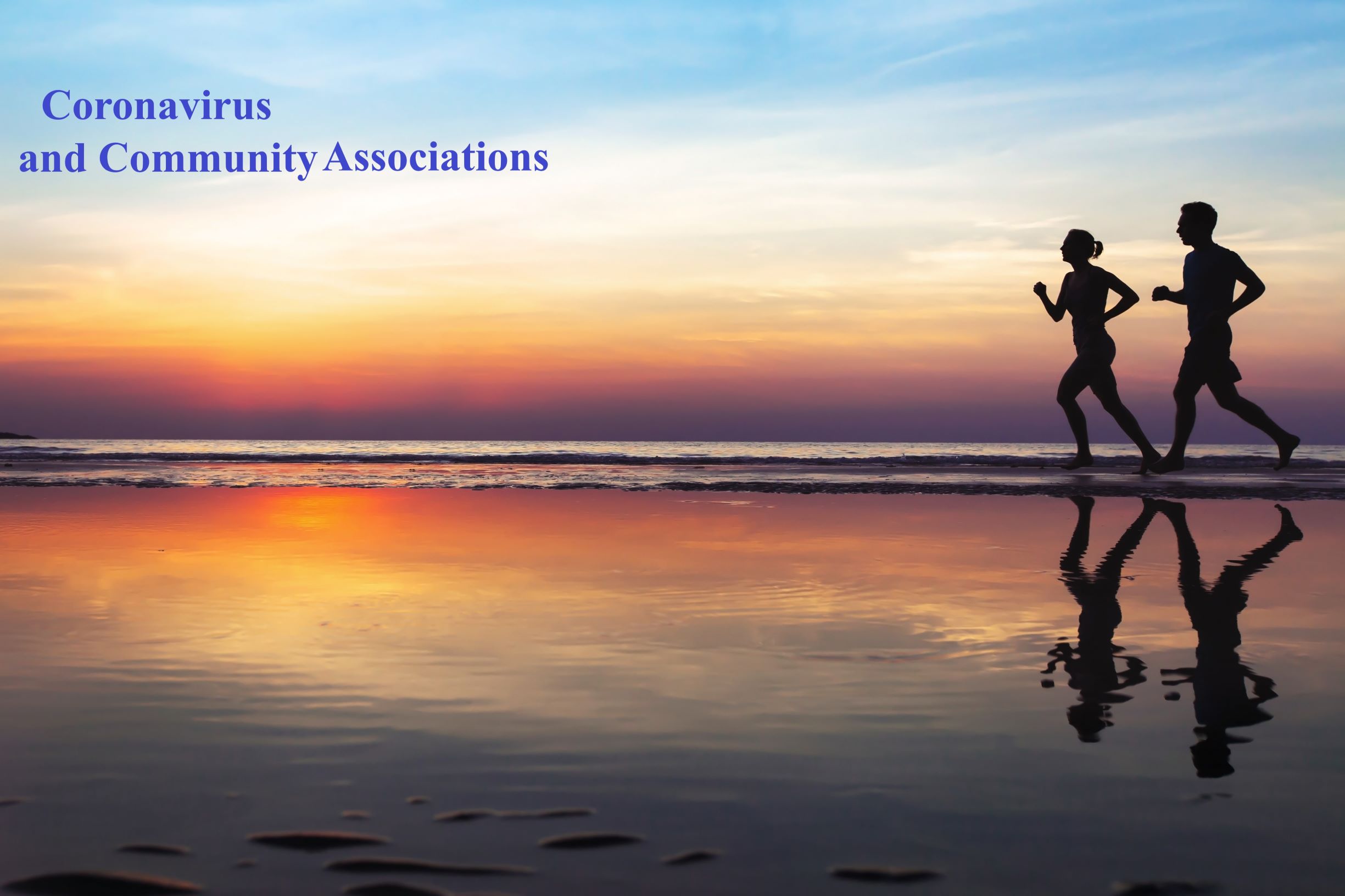Note: This post was authored early in the coronavirus pandemic and does not take into account later orders of local or federal government or any courts. For the most up to date resources continue to follow along at the FLS Blog.
Welcome to Coronavirus Watch 2020. If you have not already educated yourself on the virus, the way it spreads, and the things you can do to minimize its impact, you can go here to do so.
But assuming you have already been impacted by the virus and the resulting quarantines, this is a great time to take a deep breath, look around, and start planning for the next several weeks. Quarantines will affect our lives in various ways – schools, restaurants, and gyms all may close; hospitals and medical care will be strained, and someone we know may even contract the virus. As we move past the most essential parts of this process, however, leaders and members of condos, cooperatives, and HOAs will want to start considering what steps to take in their own associations to minimize the impact on the services and lifestyle they provide. Here are some things to focus on.
Deep Cleaning
Experts are still unclear on exactly how long the virus can survive on certain surfaces. But the smart move here is to get out in front of the issue and have any common areas or high-touch surfaces cleaned by a pro. CAI has a convenient online directory of professionals who provide this type of service to community associations.
Amenities
Community associations provide all sorts of amenities to their owners. Several of these fall into the category of non-essential and can be suspended during the quarantine period – concierge service, game rooms, clubhouse rental for private parties. Community associations should suspend these activities during the period of quarantine or emergency declared in their state.
Other amenities are more complicated. The gym, laundry room, or elevator are more essential to community living, and there are certainly arguments that each owner has a right to use them as he/she sees fit – perhaps revoking access entirely is beyond the power of the association. Boards should work closely with management and their attorney – this is certainly a time where consulting with legal up front may save a large headache later – to devise a policy that can work for them. Be sure elevators and stair railings are wiped down regularly, cancel group fitness classes, and set designated times for use of the laundry room, perhaps assigned by floor. Take a firm but sensible approach to these issues and you can help stop the spread of coronavirus while still allowing life to continue in your community.
Building Access
This one applies more to condominiums and cooperatives with a shared entrance. During this time of minimizing contact to flatten the curve, the main point is to limit the number of people we come in direct contact with to avoid spreading the virus. But with stores picked clean and restaurants closed, more and more of us will be turning to delivery services for meals. That means delivery drivers coming to the association in droves – and who knows where they have been? Consider setting a dedicated delivery driver meeting point at your lobby or other access point to avoid having an increase in traffic through the building. If you don’t already have one (and your delivery isn’t already delayed by COVID-19), set up a drop off system or area for Amazon and other delivery packages. Ideally, anyone handling those packages should wear gloves, and the area should be regularly cleaned.
For contractors, alterations, and construction, be sure to consider the environment they will be working in. HOAs should largely continue to allow exterior work, such as sheds, fences, and decks, pursuant to their regular policies. Interior access to condominiums and cooperatives, however, especially duct work or other matters that might allow for the spread of the virus germs, should be delayed where possible.
From here, the list of possible visitors to the property could continue to grow exponentially – dog walkers, family members, health care providers, tutors, personal care professionals (such as barbers, stylists, manicurists, personal trainers, and others) will all begin providing more in-home services. Your association should take a common sense approach to these and consider the welfare of your residents, while still keeping in mind the very real public health crisis we are facing.
Consider the Elderly and At-Risk
Not only does the coronavirus pose the greatest risk for those over 65 years of age, but of course they are generally a bit less mobile and potentially require greater care. Associations can set up a committee or group to assist in monitoring, checking in on, and assisting their elderly residents where possible. This can be done on a voluntary basis and the Association can assist with tracking, communicating, or providing information on older residents who may need more assistance. Your association may also wish to publish or distribute a map to the nearest hospital or care facility, as well as a list of known service providers in the area who may be able to assist their elderly residents.
Additionally, keep in mind that kids will now be out of school for an extended period, and people will need to make alternate arrangements. Keep this in mind when addressing any complaints or concerns regarding increased in noise or foot traffic during ordinary school hours.
Meetings
Community association meetings come in different forms, and have different purposes. First, there are the elections. Just as many states have pushed back their primary elections, so too should communities strongly consider pushing off their elections until they can be held in a safer environment that allows owners to participate freely. Elections should really only proceed during this time period if the Association can guarantee that 100% of owners will have the same access to the voting process as they otherwise would have, without any concern of large gatherings or virus transmission. That’s a pretty heavy burden.
Board meetings, on the other hand, can continue to take place with some slight tweaks or limitations. No board meetings should be held live and in person; video chat, conference call, or other digital connections should be used. The Board should also make every effort to allow owners to still “attend” the meetings, either via the same sign-in or at minimum by setting up an opportunity to view a stream of the meeting for owners. Especially in this time of diminished access, boards and management should take care to record diligent meeting minutes and distribute them appropriately to membership.
When it comes to actual meeting topics and things to accomplish, boards should be cognizant of the way things currently are. Owners have a lot on their plates right now, and it is the responsibility of the association not to add to that stress or take advantage of it. Day-to-day business, such as paying regular bills and utilities, responding to maintenance requests, and continuing to provide security, parking, and other ordinary and necessary services should continue. Votes or discussions on changes, such as a special assessment, a new policy on pets, or an alteration in the parking rules should be delayed until everyone can attend and be heard. In short, the Board should continue doing the work of the association, but should not take this as an opportunity to implement controversial new changes while everyone is distracted.
Finances
The Association should continue to pay its bills as they come due every month, just as they otherwise would. Insurance, accounting, management, and other regular professional services, plus routine maintenance and landscaping should proceed largely undisturbed. Now is also an excellent time for associations who may be concerned about future cash flow to look into taking out a loan: banks are very open to lending right now and interest rates are plummeting. A much needed infusion of cash a month from now will keep an association on firm financial footing. Your board can also look into the possibility of borrowing against or from your reserve account, but tread lightly there and consult with your attorney and seasoned management professional before you take any action there, as the board could incur severe penalties or even violate local law if they are not careful.
Payment of assessments from owners should continue during this time period. Regular assessment notices, coupons, and reminders can proceed as usual. However, it is important to keep in mind that many people are being very seriously affected by this crisis, and it could continue for a while. A forward-thinking board will: (1) consider waiving late fees for March and April 2020; (2) set a policy for repayment of assessments during this time period; and (3) work closely with your attorney to decide how to proceed on delinquencies during the pandemic and shutdowns.
First, on late fees – remember that they are an incentive to make payments timely, and not a moneymaking venture for the association. When people otherwise would make their payments timely, but circumstances (such as the present ones) prevent them, associations should strongly consider waiving or suspending late fees.
Second, if you have the ability to revise or relax the repayment schedule somewhat, consider doing so, or at least make known to your owners that the Board may consider a hardship deferral on case-by-case basis.
Third, even a tiny hiccup in the collection schedule can cause a disastrous consequence if not properly addressed up front. Your association may have a spike in nonpayment over the next several weeks due to people being out of work; turning over a dozen new cases to your attorney at once may then result in a dozen new legal fights that go on for a year or more – especially when you try to pass on the legal fees to the owners. (Note: the fees in such a case would be valid, and would be validly passed on to owners, and might eventually be collected in full. But I propose what I believe to be a better way).
Instead, when the virus quarantine ends, schedule an “amnesty day” with your management company and/or attorney, where affected owners can come in and discuss a repayment schedule to get back on track without having to be pushed through the full legal process. (Yes, I am suggesting a method that results in fewer cases and lower billing for attorneys like myself. It’s in the association’s best interests.). Otherwise your association may see the ripple effect of the coronavirus on its balance sheet and delinquency percentage for years to come.
Going Digital
If your association has not already, now is an excellent time to consider going digital or online in several different aspects of community life. Access to meetings (discussed above), distribution of minutes and bills, and payments of assessments can all be done primarily online. Taking this opportunity to put those systems into place may end up as a long-term benefit that your owners will thank you for even after the pandemic. In the short term, consider suspending the acceptance of in-person payments and unnecessary face-to-face meetings.
Summing up the Coronavirus for your Community
The coronavirus presents a situation that has never been seen before; personally I am keeping a count of how many times I hear the word “unprecedented” to describe it. But that does not mean that anyone needs to panic. On a personal level, continue to practice good hand hygiene and social distancing, and abide by the CDC guidelines.
As states continue to take steps to reduce the spread of the disease, be sure to keep updated on the latest recommendations and closures, and where possible, support your community, the elderly, and local small businesses.
For your community association, hopefully the tips above provide some direction and insight for the coming weeks. You will notice that the banner picture here is not the scary coronavirus germ blobby-thing, but rather jogging toward a sunrise. That is my coronavirus quarantine metaphor: this will be a long journey and sometimes challenging, but it will benefit us all in the long run, and there is a light at the end of the tunnel.
Stay safe out there.


